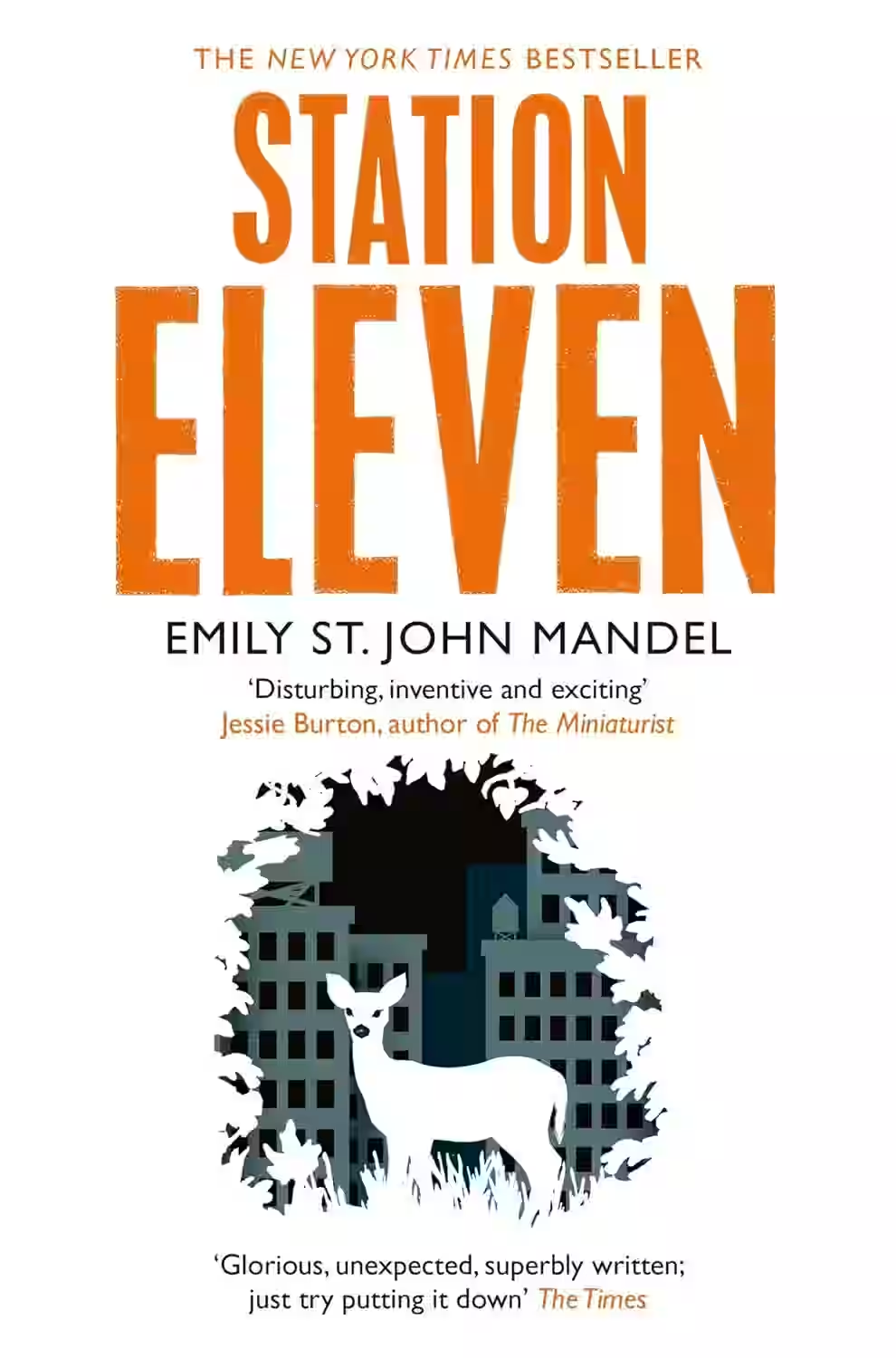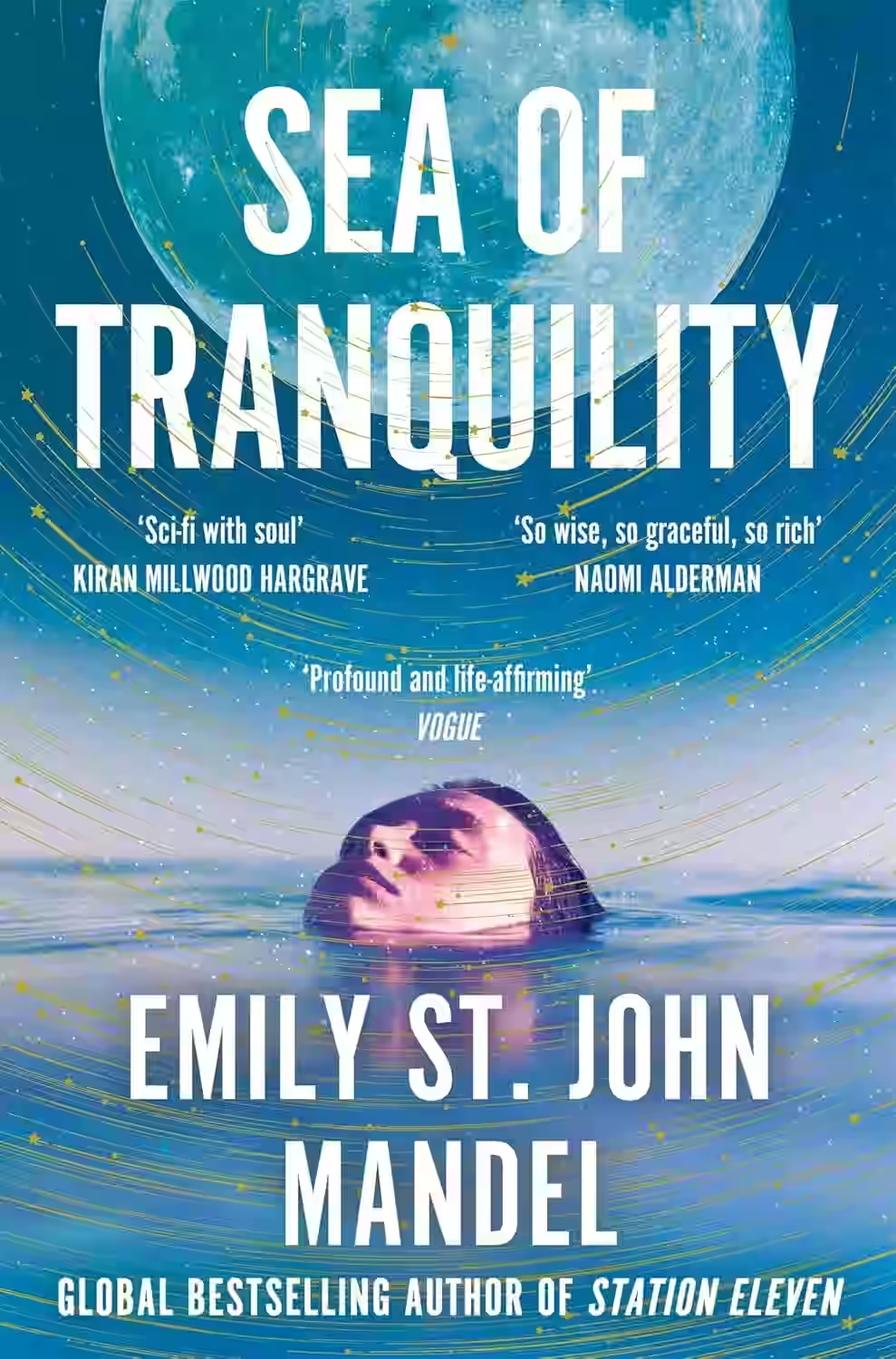Emily St. John Mandel
A Canadian author known for her speculative fiction that often explores themes of memory, time, and the interconnectedness of human experience. Her acclaimed novel, Station Eleven, depicts a post-apocalyptic world with a focus on art, culture, and the resilience of the human spirit. Mandel's elegant prose and thought-provoking narratives have earned her critical praise and a wide readership.

Station Eleven by Emily St. John Mandel is a haunting and beautifully written novel set in the aftermath of a devastating pandemic. It weaves together the lives of a Hollywood actor, a nomadic group of performers, and survivors clinging to remnants of the old world. Spanning decades and shifting between past and future, the story explores memory, art, and human connection in the face of collapse. As the Traveling Symphony brings Shakespeare to scattered settlements, Mandel examines what remains when everything else is lost. A moving, literary tale of resilience and the enduring power of storytelling.

Vincent is the beautiful bartender at the Hotel Caiette, a five-star glass-and-cedar palace on the northernmost tip of Vancouver Island. New York financier Jonathan Alkaitis owns the hotel. When he passes Vincent his card with a tip, it's the beginning of their life together. That same day, a hooded figure scrawls a note on the windowed wall of the hotel: 'Why don't you swallow broken glass.' Leon Prevant, a shipping executive for a company called Neptune-Avramidis, sees the note from the hotel bar and is shaken to his core. Thirteen years later Vincent mysteriously disappears from the deck of a Neptune-Avramidis ship. Weaving together the lives of these characters, Emily St. John Mandel's The Glass Hotel moves between the ship, the towers of Manhattan, and the wilderness of remote British Columbia, painting a breathtaking picture of greed and guilt, fantasy and delusion, art and the ghosts of our pasts.

This evocative passage introduces a multi-layered narrative spanning centuries and locations, from the 19th-century Canadian wilderness to a future moon colony and a "Night City." Edwin St. Andrew's mysterious experience with the violin in the airship terminal sets a strange, unsettling tone. Two centuries later, author Olive Llewellyn unknowingly echoes this event in her pandemic novel, hinting at a deeper connection. Detective Gaspery-Jacques Roberts' investigation into a wilderness anomaly promises to unravel the threads linking these disparate lives and the unsettling possibility of timeline disruption. The blend of historical exile, futuristic settings, and a central, unexplained event creates an intriguing premise.